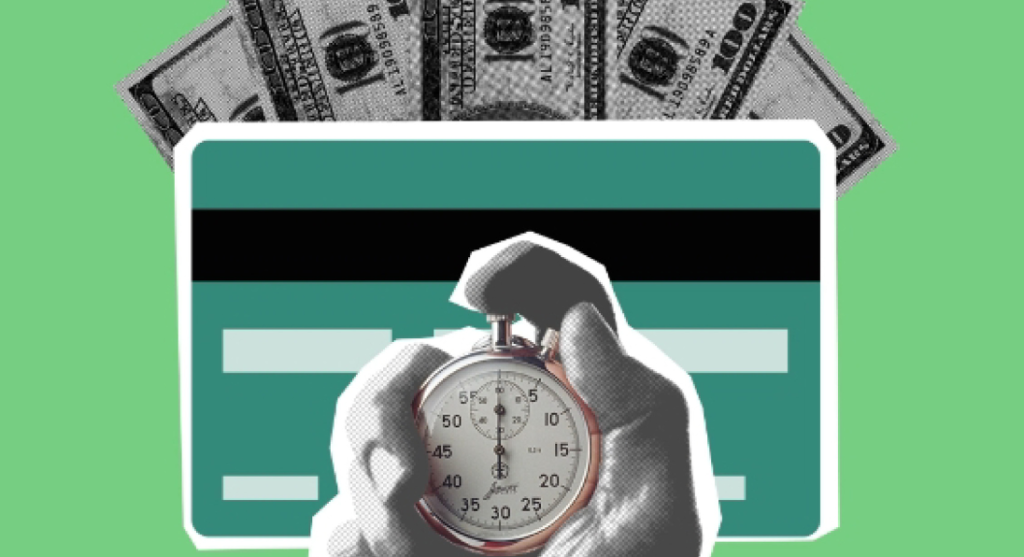
Credit cards offer convenience and flexibility but require responsible management to avoid debt and maintain financial stability. Effective credit card management involves understanding how credit cards work, using them wisely, and paying balances on time. Here are some tips for managing your credit cards effectively:
Before using a credit card, familiarize yourself with its terms and conditions. Know the interest rates for purchases, balance transfers, and cash advances. Be aware of annual fees, late payment fees, over-limit fees, and other charges. Understand any rewards programs, cashback offers, or travel benefits associated with the card.
Develop a budget to track your income and expenses. Monitor your credit card transactions and categorize them to understand your spending habits. Establish spending limits for different categories and stick to them to avoid overspending.
Pay your credit card balances in full and on time every month to avoid interest charges and late fees. Set up automatic payments to ensure you never miss a due date. Consider making multiple payments throughout the month to reduce your outstanding balance and utilization ratio.
Keep your credit utilization ratio low by using only a small portion of your available credit. Aim to keep your credit utilization below 30% to maintain a good credit score. Request a credit limit increase if needed to lower your utilization ratio, but use it responsibly.
Avoid using your credit card for cash advances, as they often come with high fees and interest rates. Build an emergency fund to cover unexpected expenses instead of relying on cash advances. Explore other options such as personal loans or borrowing from friends and family if you need cash urgently.
Regularly review your credit report to check for errors or unauthorized activity. Request a free credit report from each of the three major credit bureaus (Equifax, Experian, TransUnion) annually. Consider using credit monitoring services to receive alerts about changes to your credit report.
Maximize the benefits of your credit card rewards programs without overspending. Redeem rewards for travel, cashback, or merchandise, but avoid overspending to earn rewards. Evaluate whether the rewards and benefits outweigh the annual fee of your credit card.
Use credit cards as a tool for building credit and managing cash flow, not as a means to finance a lifestyle beyond your means. Reserve credit cards for emergencies or planned purchases that you can afford to repay. Prioritize paying off existing credit card debt before making new purchases or taking on additional debt.
Effective credit card management is essential for maintaining financial health and building a strong credit history. By understanding credit card terms, creating a budget, paying balances in full and on time, minimizing credit utilization, avoiding cash advances, monitoring your credit report, being mindful of rewards and benefits, and practicing responsible borrowing, you can use credit cards responsibly and reap their benefits while avoiding potential pitfalls. Start implementing these tips today to manage your credit cards effectively and achieve your financial goals.
Take the First Steps Towards a Stronger Financial Future Sign Up for Free Newsletters and Updates regarding All Things About Money Matters.
Disclaimer. The information provided on the website, digital platforms, and course materials does not, and is not intended to, constitute legal or professional advice. All information, content, and materials available are for general information purposes only. All liability with respect to actions taken or not taken based on the website, digital platforms, course materials, and contents are hereby expressly disclaimed. The content in this program is provided “as is;” no representations are made that the content is error-free.